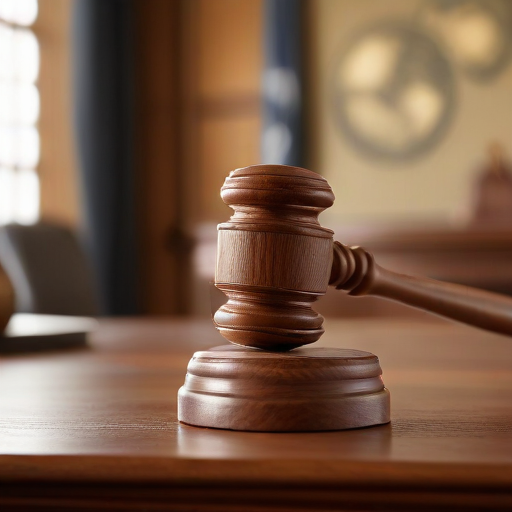Judges at the International Criminal Court (ICC) have determined that there are reasonable grounds to believe that three individuals, including Israeli leaders, bear “criminal responsibility” for alleged crimes committed from October 8, 2023, until at least May 20, 2024. This conclusion was announced in a press release from the Court.
The ICC’s Pre-Trial Chamber I found sufficient evidence indicating that Israeli Prime Minister Benjamin Netanyahu and Defense Minister Yoav Gallant could be implicated as co-perpetrators in serious offenses. These include the war crime of starvation as a method of warfare and several crimes against humanity, notably murder, persecution, and other inhumane acts.
The issuance of arrest warrants came about after the ICC dismissed Israel’s objections regarding the Court’s authority to prosecute in this case.
In addition, an arrest warrant has been issued for Mohammed Deif, a Hamas military commander, who is accused of crimes against humanity and war crimes as well, despite reports claiming he was killed in an airstrike in Gaza in July. The charges against him include murder, extermination, torture, and sexual violence.
The ICC continues to gather information regarding Deif’s status and plans to pursue further investigations in the ongoing conflict. Notably, the ICC had previously sought warrants for two other senior Hamas leaders, Ismail Haniyeh and Yahya Sinwar, but these applications were retracted after their reported deaths.
The Court has categorized these warrants as “secret” to protect the identities of witnesses and the integrity of ongoing investigations. However, it opted to make this information public due to the escalating conflict and continuous violations of international law, particularly concerning hostages held in Gaza.
ICC Prosecutor Karim Khan emphasized the need to focus on the victims of the international crimes, both in Israel and the State of Palestine. He highlighted the importance of the law in addressing the rights of all affected individuals. He also called on all State Parties to respect the ICC’s orders and reaffirmed the Court’s commitment to collaborating with non-State Parties to uphold international law.
The ICC, although separate from the United Nations, maintains a cooperative relationship with it. This independent judicial body was established under the Rome Statute to tackle serious international crimes and to provide accountability where domestic legal systems may fall short.
In a time of conflict, these legal proceedings serve not only as a mechanism for justice but also as a hopeful sign that international law can provide a framework for addressing grave injustices. While the ongoing tensions can be disheartening, the actions taken by the ICC demonstrate a commitment to accountability and the protection of human rights, which is essential for eventual peace and reconciliation in the affected regions.
